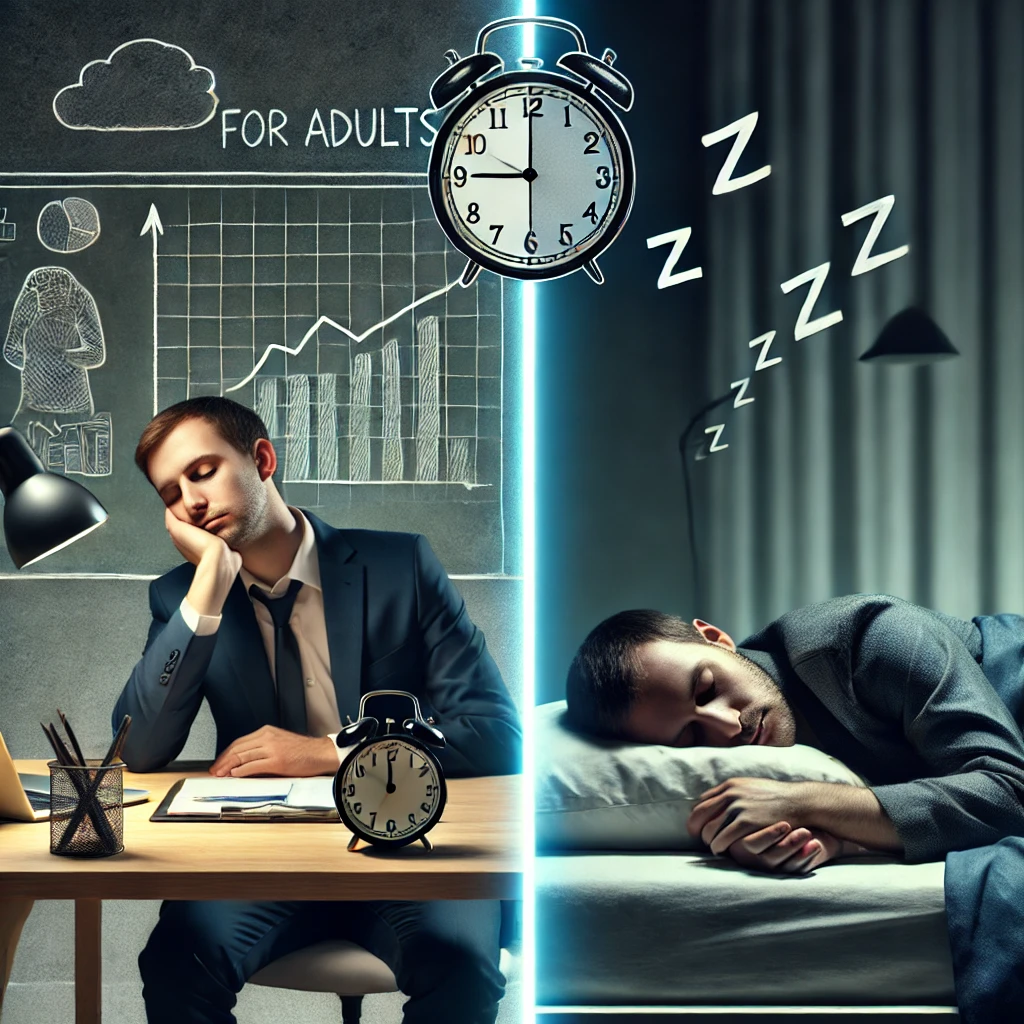
Napping divides opinion. Some view it as a performance-enhancing tool while others consider it a red flag for sleep problems. The truth lies somewhere in between, with context determining whether naps help or harm your productivity and health.
When Napping Boosts Productivity
Research supports the benefits of strategic napping. A 10-30 minute “power nap” can improve alertness, mood, and cognitive performance without the grogginess associated with longer sleep periods.
NASA found that pilots who took 26-minute naps showed 34% improvement in reaction time and 54% increase in alertness compared to those who didn’t nap. Similar benefits appear in workplace settings where brief, timed naps enhance afternoon productivity.
The timing matters as much as duration. Napping between 1-3 PM aligns with the natural afternoon energy dip in our circadian rhythm. This makes it an effective countermeasure to the post-lunch slump many experience.
When Napping Signals Sleep Problems
Regular reliance on naps can indicate underlying sleep issues. If you consistently feel you need naps to function, this might point to:
- Insufficient nighttime sleep (less than 7 hours)
- Poor sleep quality due to sleep apnea or other disorders
- Irregular sleep schedule disrupting your circadian rhythm
- Medical conditions causing daytime fatigue
Naps that regularly exceed 30 minutes or occur late in the day can disrupt nighttime sleep, creating a cycle of poor sleep followed by compensatory napping.
Cultural Context Matters
Cultural attitudes toward napping vary worldwide. Mediterranean and Latin American cultures embrace the siesta tradition, viewing midday rest as normal. In contrast, many East Asian and North American workplaces still see napping as laziness despite evidence of its benefits.
Practical Napping Guidelines
For productive napping:
- Keep naps between 10-30 minutes to avoid deep sleep
- Nap before 3 PM to prevent nighttime sleep interference
- Create a slightly darkened, comfortable environment
- Set an alarm to avoid oversleeping
- Consider coffee before a short nap (a “coffee nap”) as caffeine kicks in just as you wake
The Bottom Line
Napping can be both a performance enhancer and a warning sign. The difference lies in:
- Why you’re napping (by choice or necessity)
- How long and when you nap
- How it affects your nighttime sleep
Strategic power naps can legitimately boost productivity when used as a supplement to good nighttime sleep. However, if naps become necessary for daily functioning, it’s worth examining your overall sleep patterns and potentially consulting a healthcare provider.
The most productive approach combines quality nighttime sleep with occasional strategic napping when circumstances warrant extra alertness.